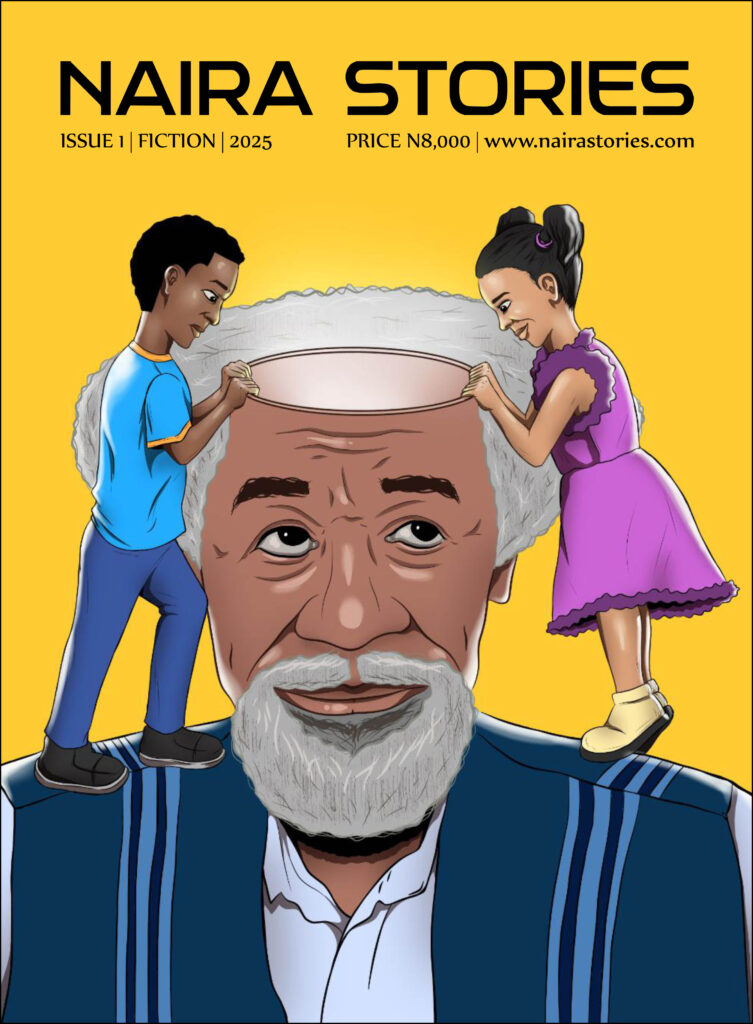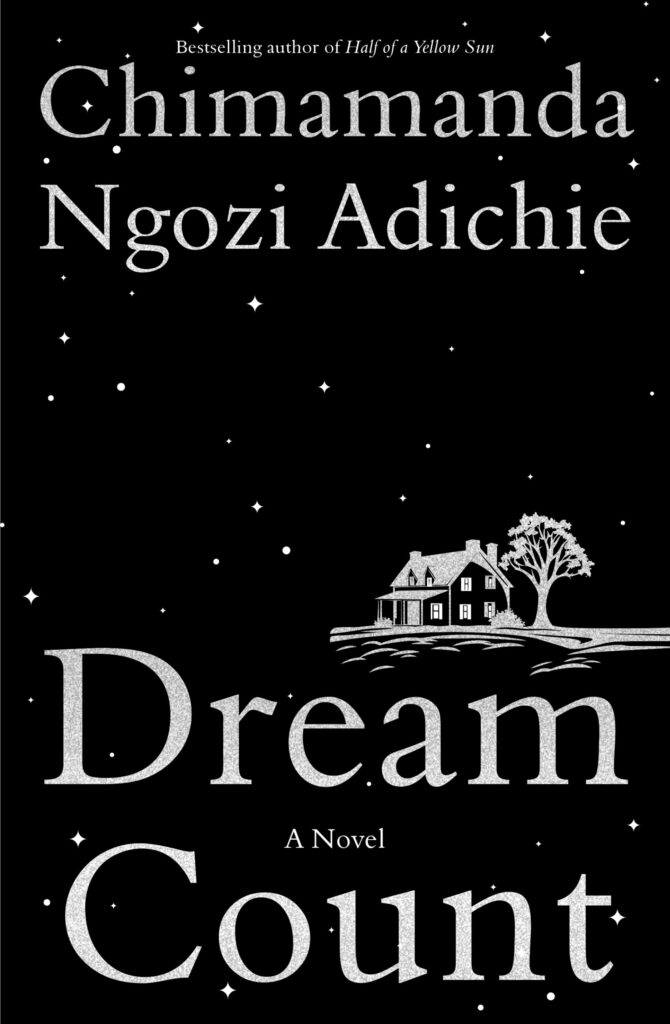The stories I read and managed their editing in Naira Stories Magazine mirror the everyday complexities of Nigerian society. I see the stories as a reflection of our individual and collective way of life, which comprises the good, the bad, and the ugly, and which, more importantly, is portrayed in simple, non-judgmental, and animating ways. The diverse themes, moving characters, and unique narrative styles the authors deployed in their craft, enforced the creativity of Nigerians, especially in the art and literary spaces, and I rate them high for such commendable craftsmanship.
The lessons each story in the magazine encapsulates are vast and diverse. The authors did a meticulous job of portraying life and society in the best way they could for the reader to make out what they can from them. Trying to pinpoint a lesson or draw a moral conclusion from each story, or even all the stories, would lessen the suspense the reader would feel reading the story themselves. However, one thing is certain ─ the stories will nudge readers to ask pressing questions, force them to interrogate their own lives, and reshape the way they perceive society.
A prominent author was attributed to have said that all writings are political, but whose politics? Fiction, even though it does not strictly reflect real-life realities, points to our worldview and cultural imagination. It paints life and society in their beauty, innocence, and shortcomings; challenges norms and power in subtle ways; and connects the reader to the creative genius of the writer in a kind of solidarity way. When we are afraid to protest and speak, especially directly to power, fiction does the job easily. I think fiction is more than a form of writing or a tool for creative expression. I want to believe it is a form of life that helps us to make meaning out of our own lives in a way that is both ponderous and entertaining.
Literary magazines are channels of entertainment, just like television and the radio. Perhaps, more importantly, they are the best avenue to encourage people to read and write, not just creative works, but all forms of writing. Unfortunately, the reading culture of Nigerians is not as serious as it used to be, but there is still hope of rekindling that crucial part of our culture through creative mediums like the arts and literary magazines. The textbooks, newspapers, and social media are ways that most Nigerians read these days, with little time and attention for literary magazines. I believe that with time, there will be a greater interest in creative writing and literary magazines.
Since most work and endeavours are going digital, Nigerian and African literary magazines should go digital too, where many people, especially younger writers and readers, can easily access them. The more literary magazines we have in Nigeria, the more people will write, and the more people will read. I believe that if people are given the right literary magazines that publish interesting content, they will read and write beyond our expectations.
I have been writing and editing stories for years as a journalist, but working with the authors to edit their works taught me many things about writing and publishing. Journalism is literature in a hurry ─ writing and editing fiction is not. Working with the authors and interfacing with the editors taught me patience and resilience, and more importantly, how to manage people and time. I am glad that the time, efforts, and resources expended on the editing process were worth the outcome and experience.
The essence of any endeavour is to ensure that it grows and impacts society. Naira Stories Magazine, I believe, has weathered many storms. Planning and publishing the maiden edition of the magazine came with challenges, promises, and potential, which would make the magazine not only stronger but also influential in Nigeria and Africa. Regular publication of quality creative work and news content will make the magazine stand out among its peers. Innovative literary initiatives that support writers and entice readers are in order too. Active mainstream media and social media engagements will suffice in giving the magazine the publicity it deserves. Growth and sustainability are gradual processes that require time and patience. In a few years, Naira Stories Magazine will be the hub of literary endeavours in Africa.
Kingsley Alumona is a geologist, writer, poet, journalist, and media consultant from Delta State, currently living in Ibadan, Oyo State, Nigeria. He holds a BSc in Geology from the University of Nigeria and an MSc in Geophysics from the University of Ibadan. He’s a Senior Reporter with the Nigerian Tribune newspaper and the Founder and Managing Editor of Naira Stories Magazine. He’s an alumnus of the Nigerian Academy of Letters’ Creative Writing Workshop. His writings have appeared in the 2018 African Book Club Anthology, Kalahari Review, Nthanda Review, TUCK Magazine, Brittle Paper, Afritondo, Digirature, Ngiga Review, Pawners Paper, Omenana (Issue 17), Transition Magazine (Issue 131), Afrocritik, Botsotso Literary Journal, Fortunate Traveller, and Farafina Blog. You can reach him on Facebook: @kingsley.alumona.1.




